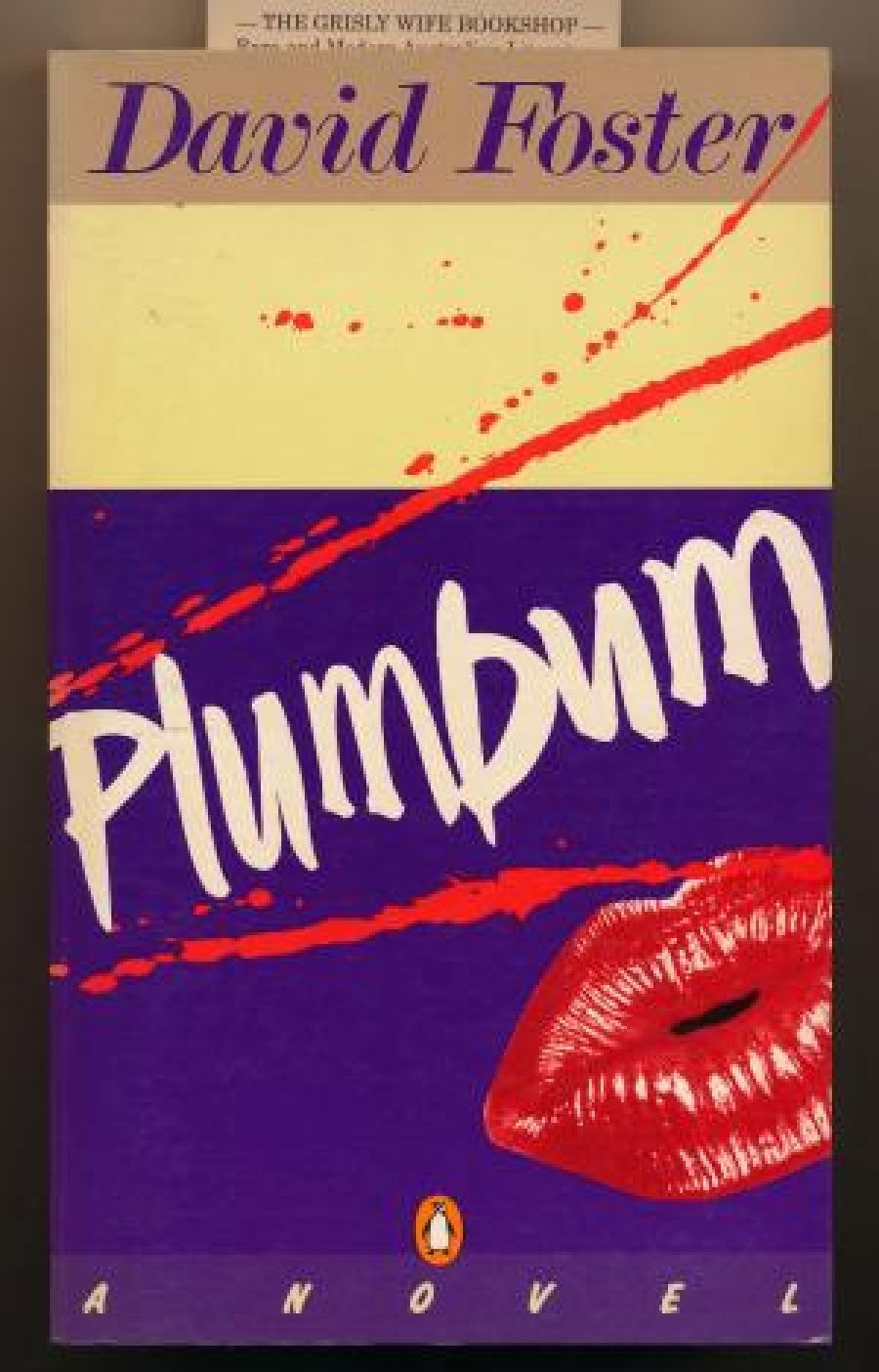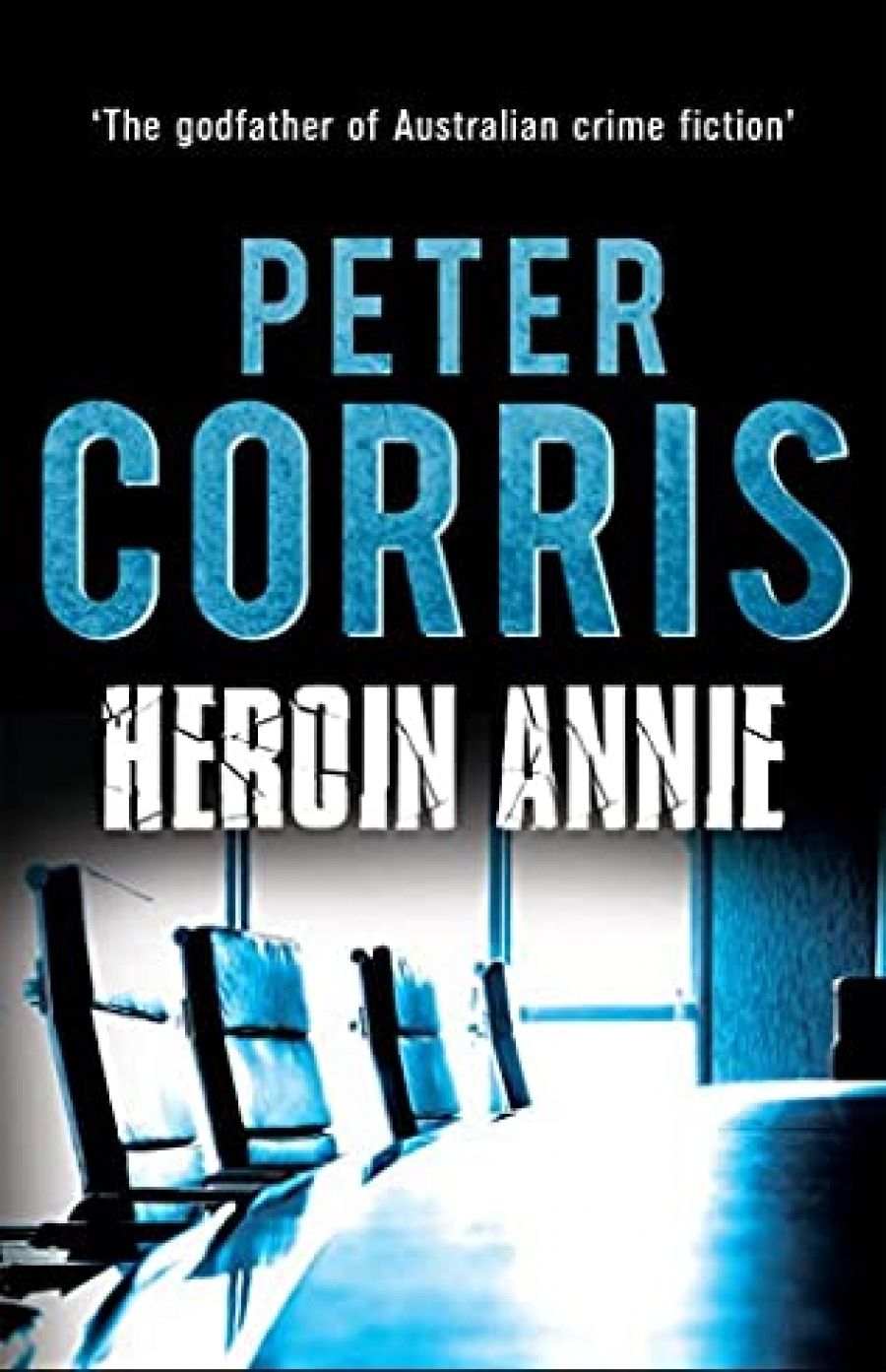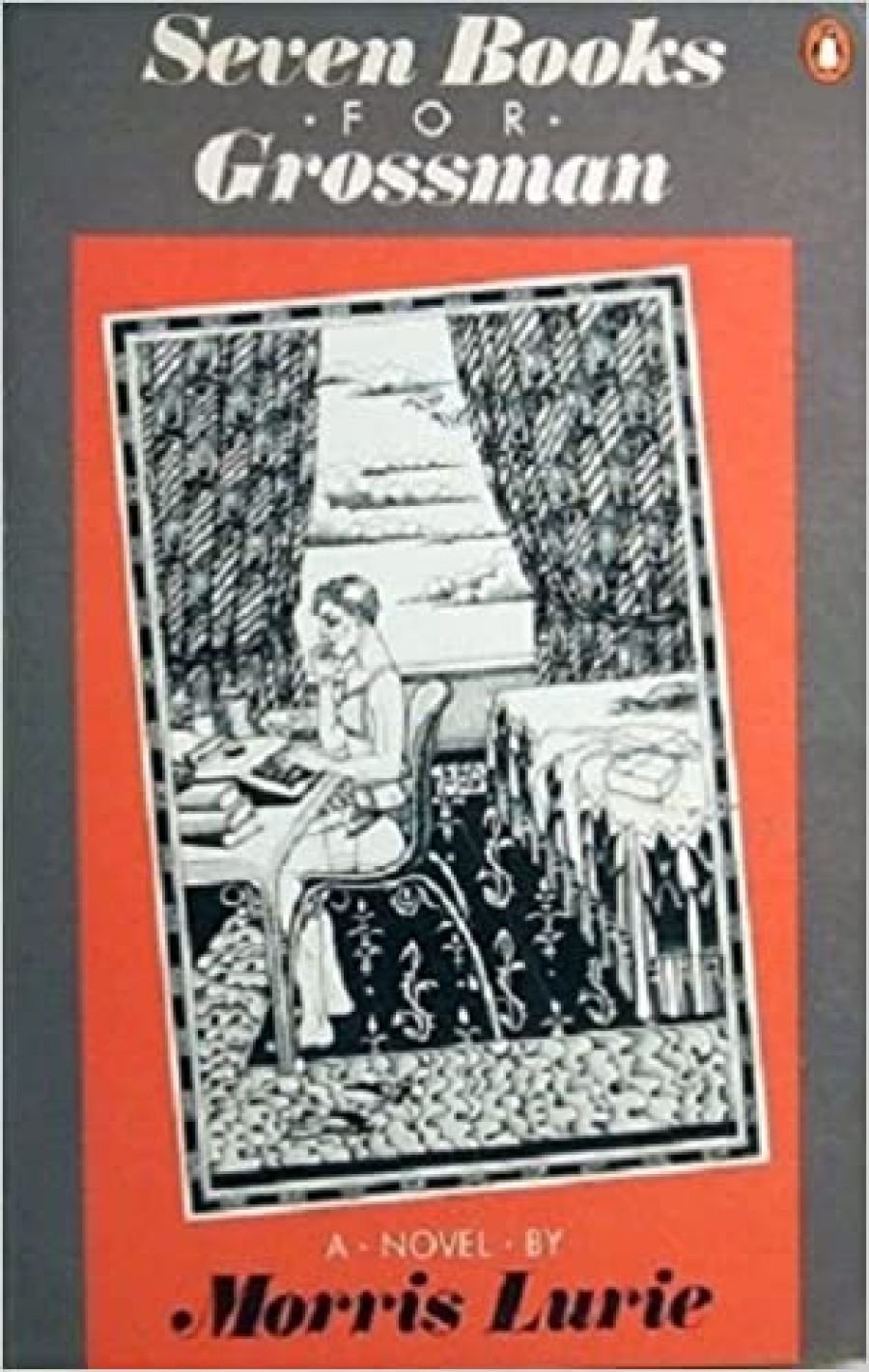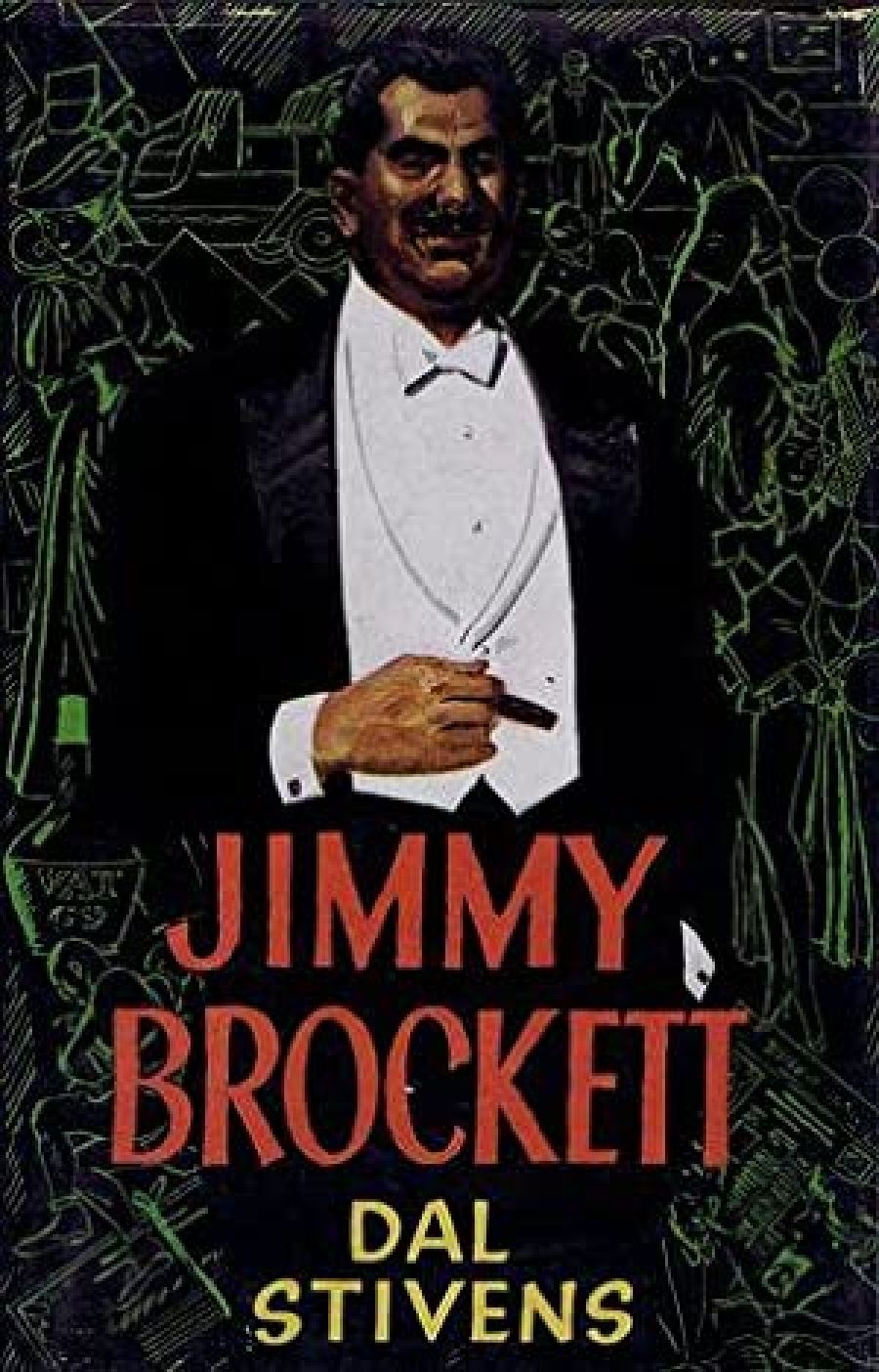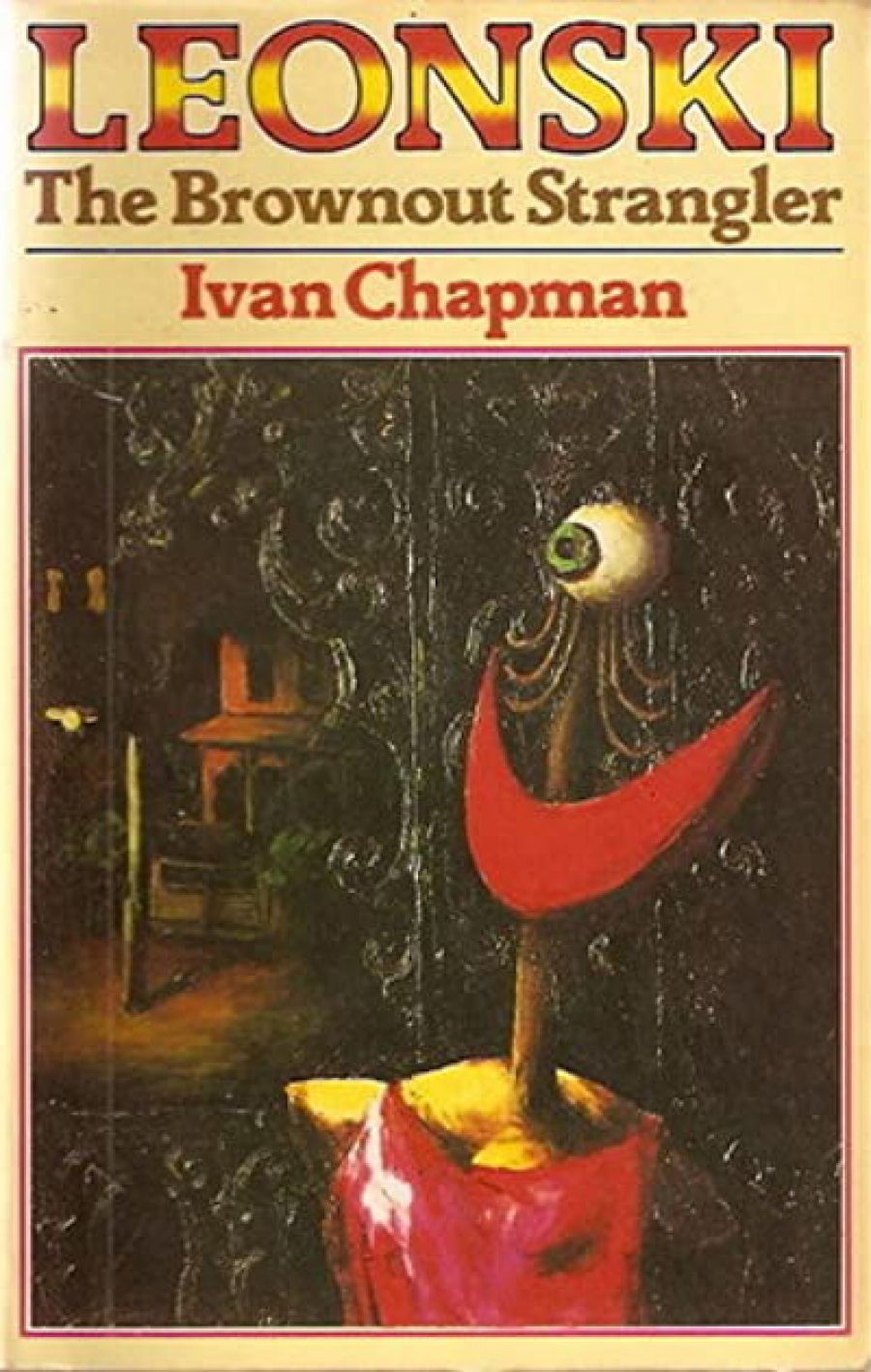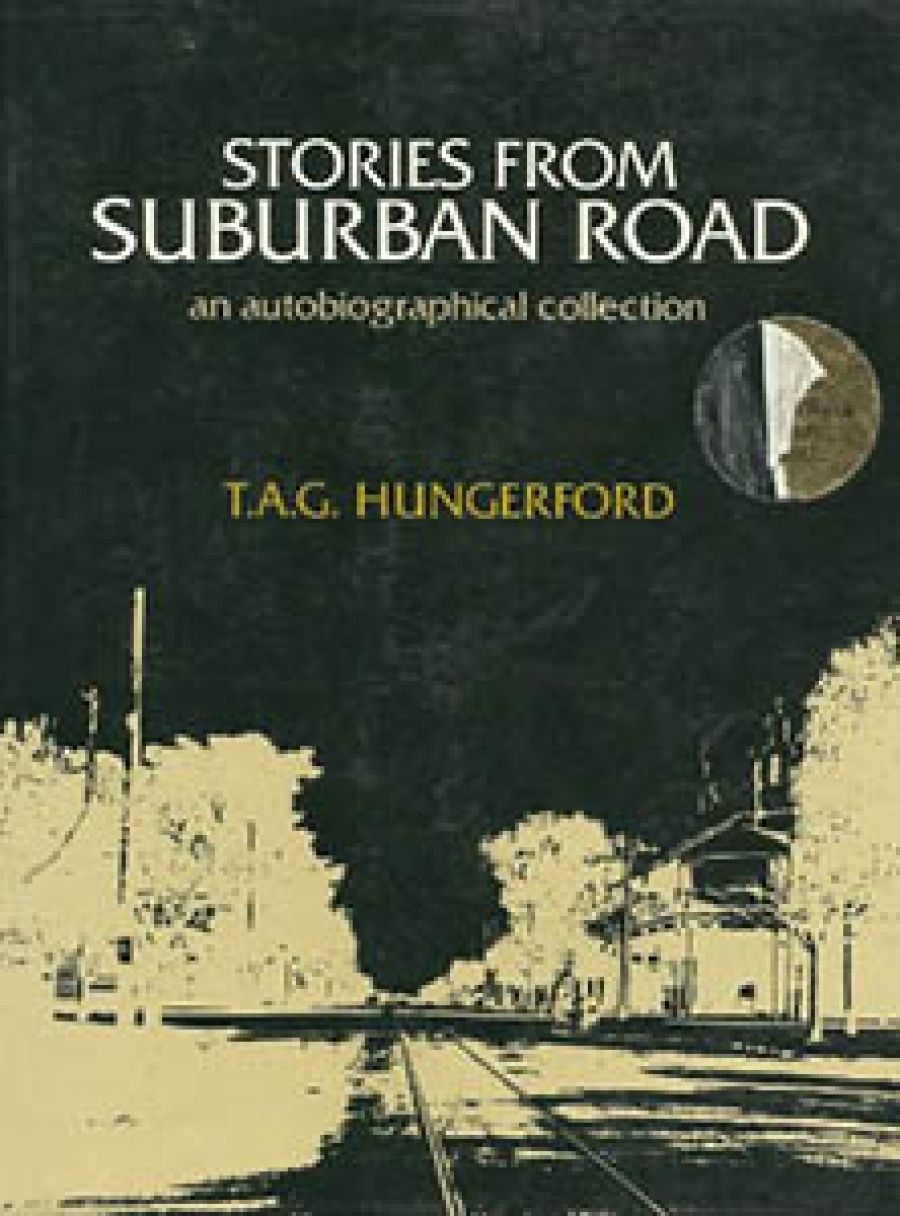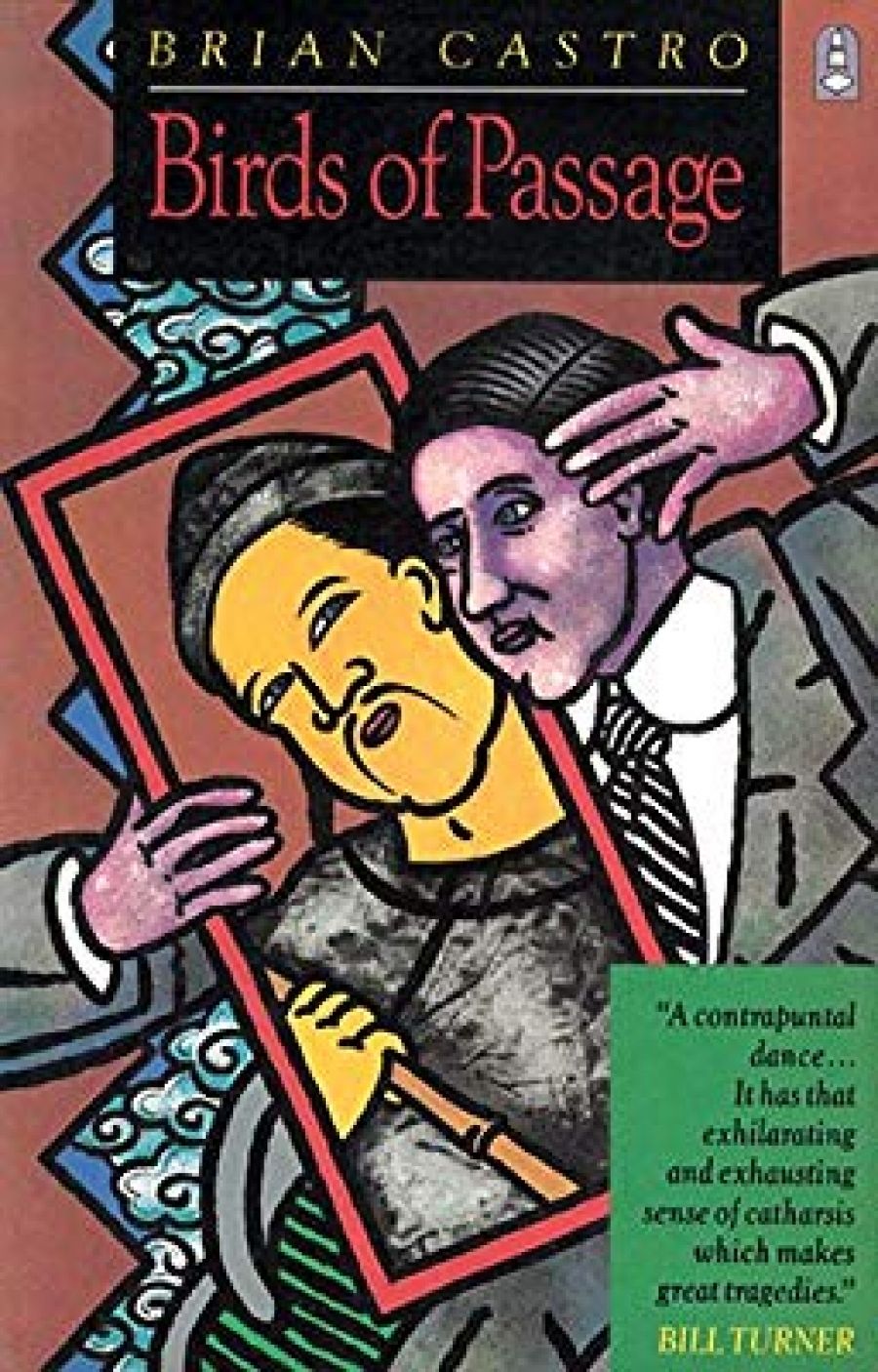
- Free Article: No
- Contents Category: Fiction
- Review Article: Yes
- Online Only: No
- Custom Highlight Text:
Brian Castro’s novel Birds of Passage is a dramatic exploration of the intriguing idea, found in Butler, Jung, and others, that an individual’s life may in some way be in touch with ancestral experience. It imagines the possibility of a previous life, its outlook on reality and rhythms of existence, flowing troublingly into the consciousness of the present. The book shared the valuable Australian Vogel Prize last year. It is of some interest, but is a distinctly uneven work. Romantic in concept in its adoption of the idea of racial memory and psychic disposition, it is sometimes sententious in tone in its reaching for poetic effect, and prone to mix its narrative modes disconcertingly. It is hard to see it as a major literary prize-winner, although some of the historical episodes in its dual narrative are nicely done and the basic idea in itself is an attractive one.
- Book 1 Title: Birds of Passage
- Book 1 Biblio: Allen & Unwin, $12.95 pb, 157pp, 0868611263
- Book 2 Title: Getting Away With It
- Book 2 Biblio: Wildgrass Books, 161pp, 0908069030
- Book 2 Cover Small (400 x 600):

- Book 2 Cover (800 x 1200):

- Book 2 Cover Path (no longer required): images/1_Meta/November_2019/Brophy.jpg
Brian Castro’s novel Birds of Passage is a dramatic exploration of the intriguing idea, found in Butler, Jung, and others, that an individual’s life may in some way be in touch with ancestral experience. It imagines the possibility of a previous life, its outlook on reality and rhythms of existence, flowing troublingly into the consciousness of the present. The book shared the valuable Australian Vogel Prize last year. It is of some interest, but is a distinctly uneven work. Romantic in concept in its adoption of the idea of racial memory and psychic disposition, it is sometimes sententious in tone in its reaching for poetic effect, and prone to mix its narrative modes disconcertingly. It is hard to see it as a major literary prize-winner, although some of the historical episodes in its dual narrative are nicely done and the basic idea in itself is an attractive one.


